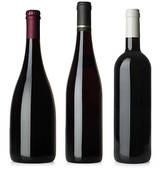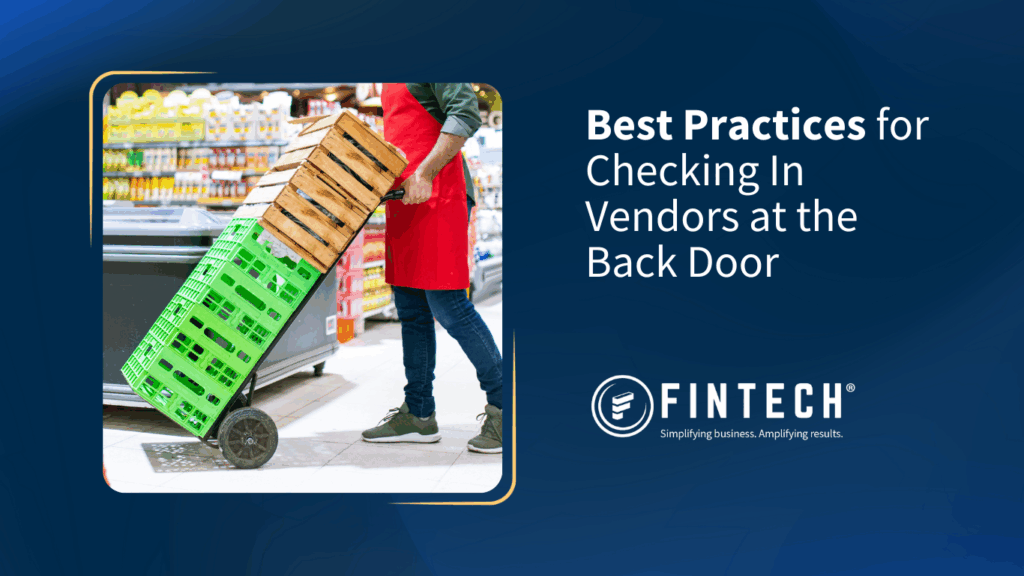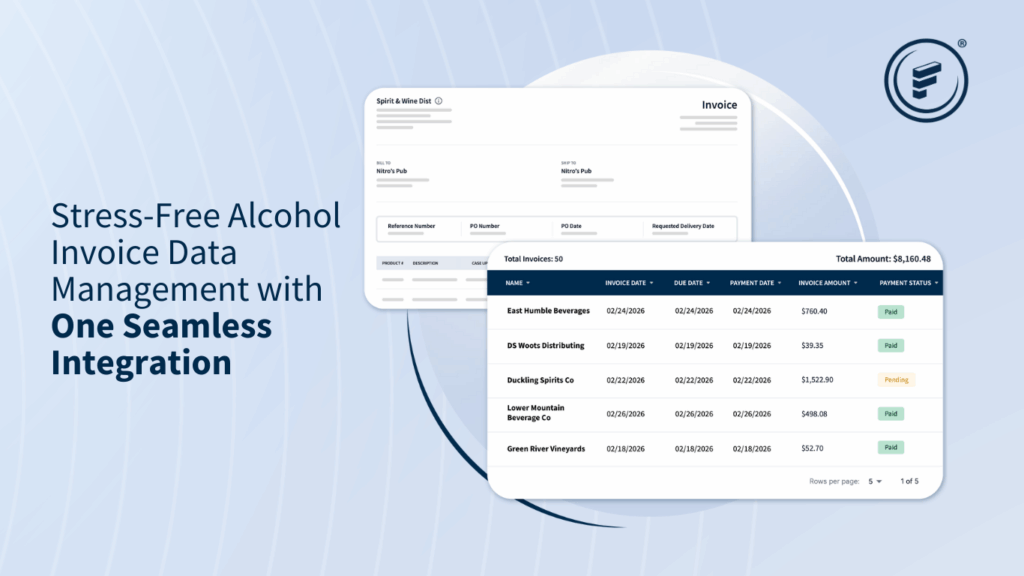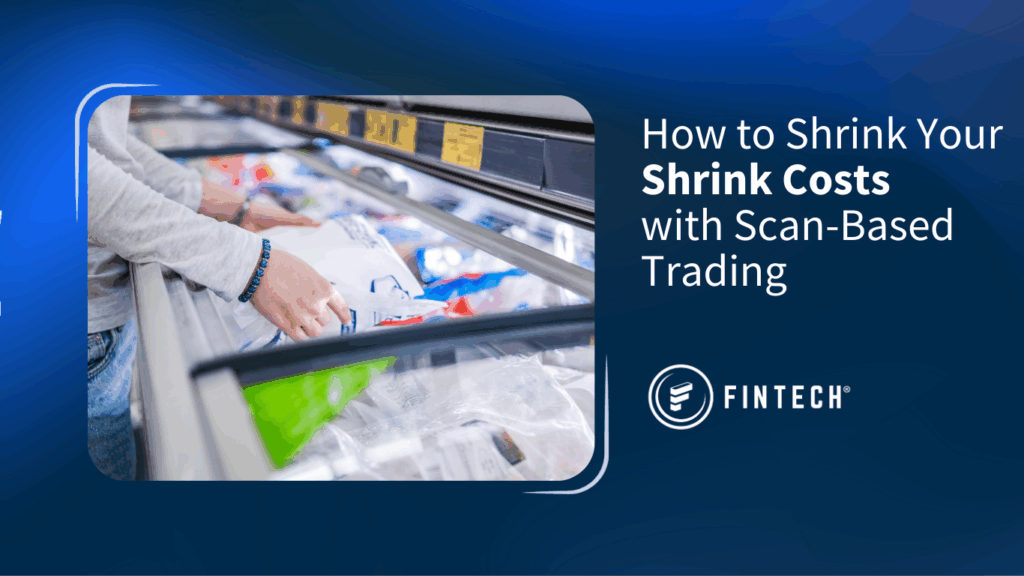News Flask! News On Booze:
Private Label Wines’ Popularity Grows
Private label wines are those wines which have been created for retailers—they own that brand and sell them exclusively in their stores. Lately, some of these private label wines have been gaining global attention. From Lidl, who won 101 medals for their private label wines at the International Wine Competition, to Costco’s Kirkland line of wines, which has been topping many ‘best’ lists, it seems consumers are turning to private labels more and more.
So, why the sudden popularity? For one thing, customers trust their retailers not to slip them shoddy wines; they also love the idea of buying a higher priced wine at a lower, private label price, and finally, because today’s wine consumers are doing their homework. This knowledge empowers customers; they know when they can save a dollar or two on a bottle of wine and still get a quality product. Plus, it’s fun to say you bought a private label wine produced by your favorite Napa Valley winery.

Not All Private Labels are Low Price or Low Quality
When most people think of private labels (of any type), they think of lower quality, and lower costs. Not so when it comes to wines. While Trader Joe’s does offer Two-Buck Chuck (which now retails at anywhere from $3 to $4 depending upon your market), some private labels offer premium wines, like Whole Foods Wine Farmer label, which retails for $19 to $24 depending upon the varietal.
And as mentioned before, Lidl won 101 medals at the International Wine Competition in Los Angeles in 2017, and 42 medals at this year’s San Francisco Chronicle Wine Competition. In addition, 391 private label wines were awarded medals at the International Wine Challenge held in London. This includes Aldi, whose Exquisite Collection Cotes de Provence Rosé 2016 earned one of the International Wine Challenge’s Great Value Awards; as it retails for under $10. In total, Aldi won 18 medals in London for their private label wines.
Why Do Winemakers Pair With Retailers?
Winemakers have to pair with retailers in order to create these private labels. So what’s in it for them? First of all, many of these large retailers offer winemakers an audience they can’t achieve on their own. Sales skyrocket.
Plus, when winemakers pair with retailers, they don’t have to market their brand. This means even if the price point of the wine is lower, margins will be higher without those promotional costs.
It’s also smart for winemakers to pair with retailers when they have an overabundance of wine. Some years produce more wine than others, and winemakers need to move the wine. Pairing with a retailer just makes sense—it gets it on the shelves and sold, rather than collecting dust or taking up space on the winemaker’s property.
Finally, let’s not forget the fact it could draw in new customers who look for your wines or buy direct online from your winery. Once a consumer knows who is producing that wine they love from Costco or Whole Foods or Hyatt, they’ll want to explore the winemaker’s catalog, hopefully finding other wines they love. Even if those wines are at a higher price point, once a consumer knows a winemaker delivers quality wines, they’ll be more likely to buy—and buy more, and more often.
Noticed those private labels, but been hesitant to try one for yourself? Next time you’re shopping for a wine to pair with dinner, take a chance! You just might find a new favorite wine!





